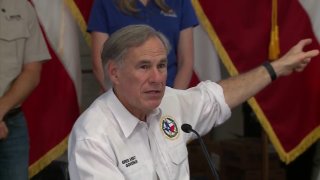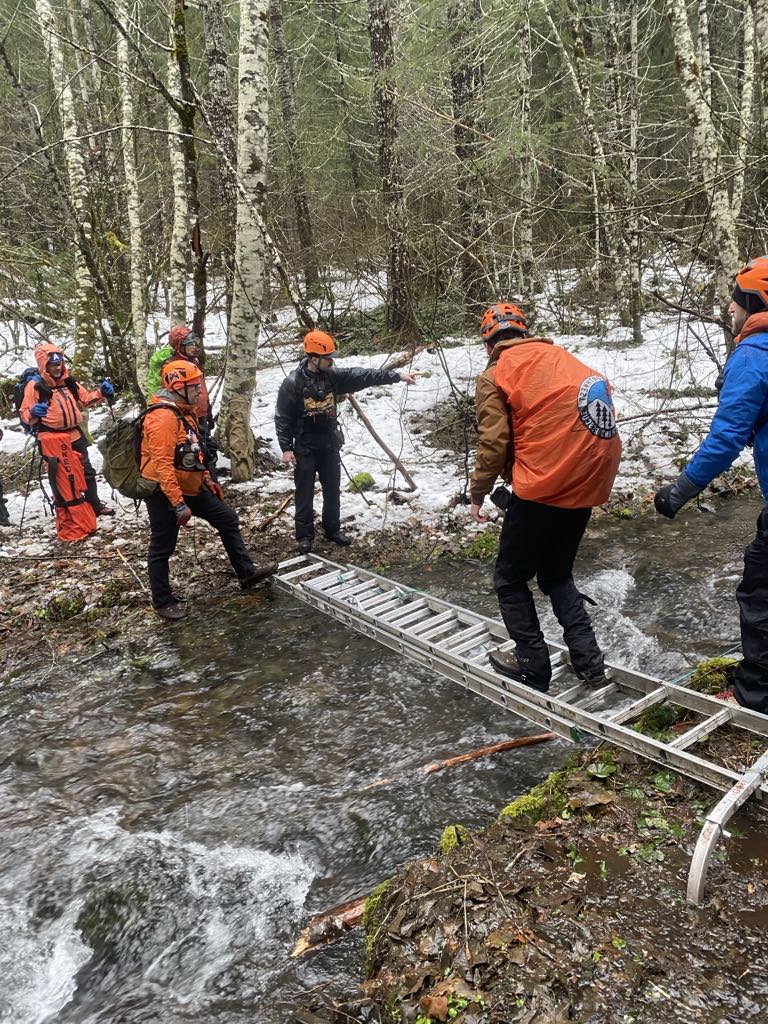
A re-energized Tropical Storm Cristobal advanced toward the U.S. Gulf Coast on Saturday, spawning a tornado in Florida and bringing the heavy rains that already caused flooding and mudslides in Mexico and Central America.
After weakening to a tropical depression while moving over land in Mexico's Gulf coast, Cristobal headed back into the southern Gulf of Mexico from the Yucatan Peninsula on Friday and powered back up into a tropical storm. Forecasters said it would arrive on U.S. soil late Sunday but was not expected to grow into a hurricane.
The National Hurricane Center in Miami said the storm was expected to slowly strengthen until making landfall Sunday night along the U.S. Gulf Coast.
But the storm already made its presence felt Saturday evening, spawning a tornado that touched down near downtown Orlando, the National Weather Service said. The twister just missed a group of protesters at Lake Eola at around 7:30 p.m. There appeared to be no injuries, but tree limbs were knocked down, and there were reports of power outages.
Get top local stories in DFW delivered to you every morning. >Sign up for NBC DFW's News Headlines newsletter.
“Yes, it is related to the tropical storm that is well to our west,” said Scott Kelly, a meteorologist with the National Weather Service in Melbourne, Florida. “But the tropical storm provided a lot of low level shear and that has allowed for some tornadoes to form over Central Florida.”
The threat for tornadoes would continue overnight, he said.
Also, outer rain bands from the storm were moving across parts of the Gulf Coast on Saturday evening.
U.S. & World
Cristobal's maximum sustained winds had strengthened to 50 mph (85 kph) by early Saturday and it was moving north at 12 mph (19 kph). As of Saturday evening, the storm was centered about 210 miles (340 kilometers) south-southwest of the mouth of the Mississippi River.
The Hurricane Center said the storm could cause heavy rains from East Texas to Florida this weekend and into early next week. A tropical storm watch was posted for the northern Gulf of Mexico coast from Intracoastal City, Louisiana, to the Alabama-Florida border.
In Louisiana, Gov. John Bel Edwards has declared a state of emergency to prepare for the storm’s possible arrival.
“Now is the time to make your plans, which should include the traditional emergency items along with masks and hand sanitizer as we continue to battle the coronavirus pandemic,” Edward said in a statement released Thursday.
On Friday, he asked President Donald Trump to declare a pre-landfall emergency for the state due to the storm's threat.
“We are confident that there will be widespread, heavy rainfall and coastal flooding," Edwards said in a letter to the White House. “I anticipate the need for emergency protective measures, evacuations, and sheltering for the high-risk areas. The length of possible inundation is unknown and will likely require post-flood activities.”
Jefferson Parish, a suburb of New Orleans, called for voluntary evacuations Saturday of Jean Lafitte, Lower Lafitte, Crown Point and Barataria because of the threat of storm surge, high tides and heavy rain. Residents were urged to move vehicles, boats and campers to higher ground.
“We want to make sure residents are safe as this storm approaches so we are taking all the necessary precautions to be fully prepared,” Jean Lafitte Mayor Tim Kerner Jr. told The Advocate.
A similar order was issued Saturday for several Plaquemines Parish communities, including Happy Jack, Grand Bayou, Myrtle Grove, Lake Hertiage, Harlem and Monsecour. President Kirk Lepine said the order was issued as a precaution.
“We need to ensure residents are protected as this storm draws near, so we are taking all the necessary precautions to be completely prepared,” he said.
The hurricane center's forecast path puts Alabama on Cristobal's east side, far from where the center comes ashore. Still, the southwest part of the state is expected to get gusty winds, heavy rain, storm surge and possibly tornadoes as the storm moves closer to the coast.
“Sunday will be very wet and windy as Cristobal passes west of the area, placing the central Gulf Coast on the ‘dirty’ eastern side of the storm,” the weather service said.
Cristobal formed this week in the Bay of Campeche from the remnants of Tropical Storm Amanda, which had sprung up last weekend in the eastern Pacific and hit Central America. The two storms combined to soak the region with as much as 35 inches (89 centimeters) of rain in some areas over the past week. At least 30 deaths have been attributed to the two storms and the flooding and landslides they unleashed.
In Bacalar, in the south of Mexico's Quintana Roo state, 230 families were isolated by the rains and had to be airlifted out, David Leon, Mexico's national civil defense coordinator, said Friday. Leon added there had been light damage in 75 municipalities in seven states.



